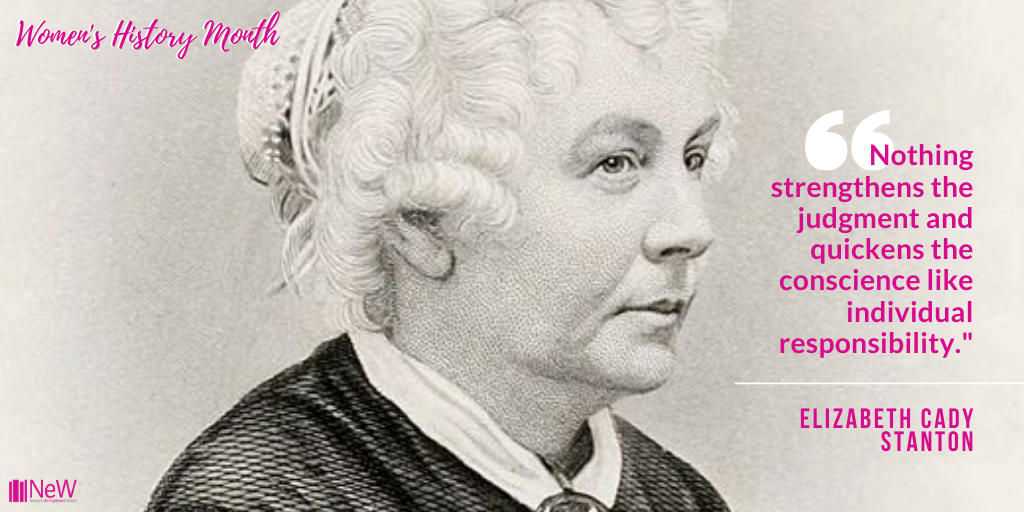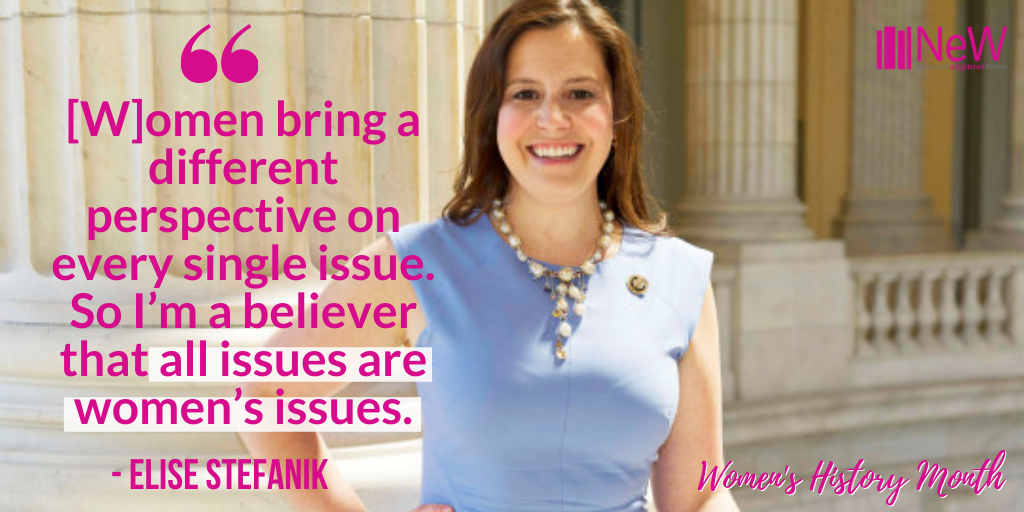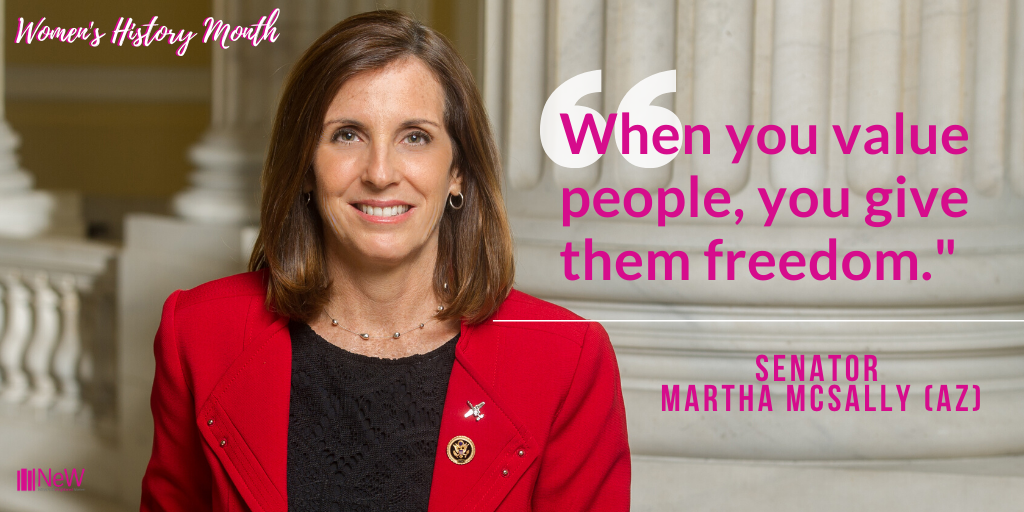Women’s History Month started as a desire to recognize the accomplishments of women in history. President Jimmy Carter signed a presidential proclamation declaring the first Women’s History Week in 1980. Six years later, Congress passed a law establishing March as Women’s History Month. Since then, Americans have used the month to promote the accomplishments of women and to celebrate all that women have to offer to the world. Women have always worked to inspire and improve the lives of others. With this year being the centennial anniversary of women winning the right to vote, it makes sense to use Women’s History Month to celebrate the brave women who fought for female representation.

Some of the first women to take a stand for women’s rights were Elizabeth Cady Stanton and Lucretia Mott. The two women met in 1840 at the World’s Anti-Slavery Convention. They realized that the convention did not allow women to be delegates, even though the two women were among the strongest and most enthusiastic supporters of the movement. This experience motivated Stanton and Mott to improve the lives of women by fighting for rights such as women owning property, being representatives or delegates, and voting. They would go on to be founders of women’s rights groups and host women’s rights conventions, most famously at Seneca Falls, throughout the 1840s and 50s.
Susan B. Anthony was another remarkable woman in the early women’s rights movement. She worked tirelessly for the rights of women and also fought diligently in the anti-slavery movement. She was one of the founders of the first Women’s Suffrage Convention in Washington, DC, in 1869. In 1872 she voted in the election, even though it was still illegal for women to do so at the time. A year later she was arrested and found guilty of voting illegally. Her resolve played a huge part in women finally earning the right to vote in 1920 with the ratification of the 19th amendment.
Though most of the incredible women who fought for the right to vote were never able to vote themselves, they set into motion unprecedented change for the rights of future women in America.

Congresswoman Elise Stefanik of New York inspires women every day, especially young women. At the time of her election, she was the youngest woman to be elected to Congress and still remains the youngest Republican Congresswoman ever elected. She has focused this experience into encouraging more women to become involved in politics. She founded Elevate PAC (EPAC) to help more women get elected into public office through support and mentorship. Since 2018, she has recruited over 100 women to run for Congress.

Another impressive woman we look up to is Senator Martha McSally of Arizona. Her military career prior to her time in politics was truly extraordinary. As one of the first female pilots in the Air Force, she became the first woman to fly a fighter jet in combat while deployed in Kuwait in the late 1990s. A few years later in 2004, she became the first female in US history to command a fighter squadron. Senator McSally made it to the rank of Colonel before retiring the military career for a political one. Her political career has been one of perseverance. In 2012, she lost a congressional race to the incumbent, only to win the seat two years later. After serving two terms as a Congresswoman, she ran for the open Senate seat. Losing narrowly to her opponent, she did not give up. Less than a year later she was appointed to the Senate to fill the seat left vacant by John McCain after the interim senator Jon Kyl resigned. Because she never gave up, she has been able to be an advocate for women in Congress, showing concern with women’s rights around the globe and even starting a working women’s rights group during her time in the US House of Representatives.
All of these women show that with hard work, dedication, and support from each other, women are able to accomplish incredible things. This year, as we celebrate the centennial of the women’s right to vote, we should remember the women who made so many things possible for us today and support the women who continue to carry on that legacy now.
This blog is written by Haley Supergan, intern for the Network of enlightened Women.

